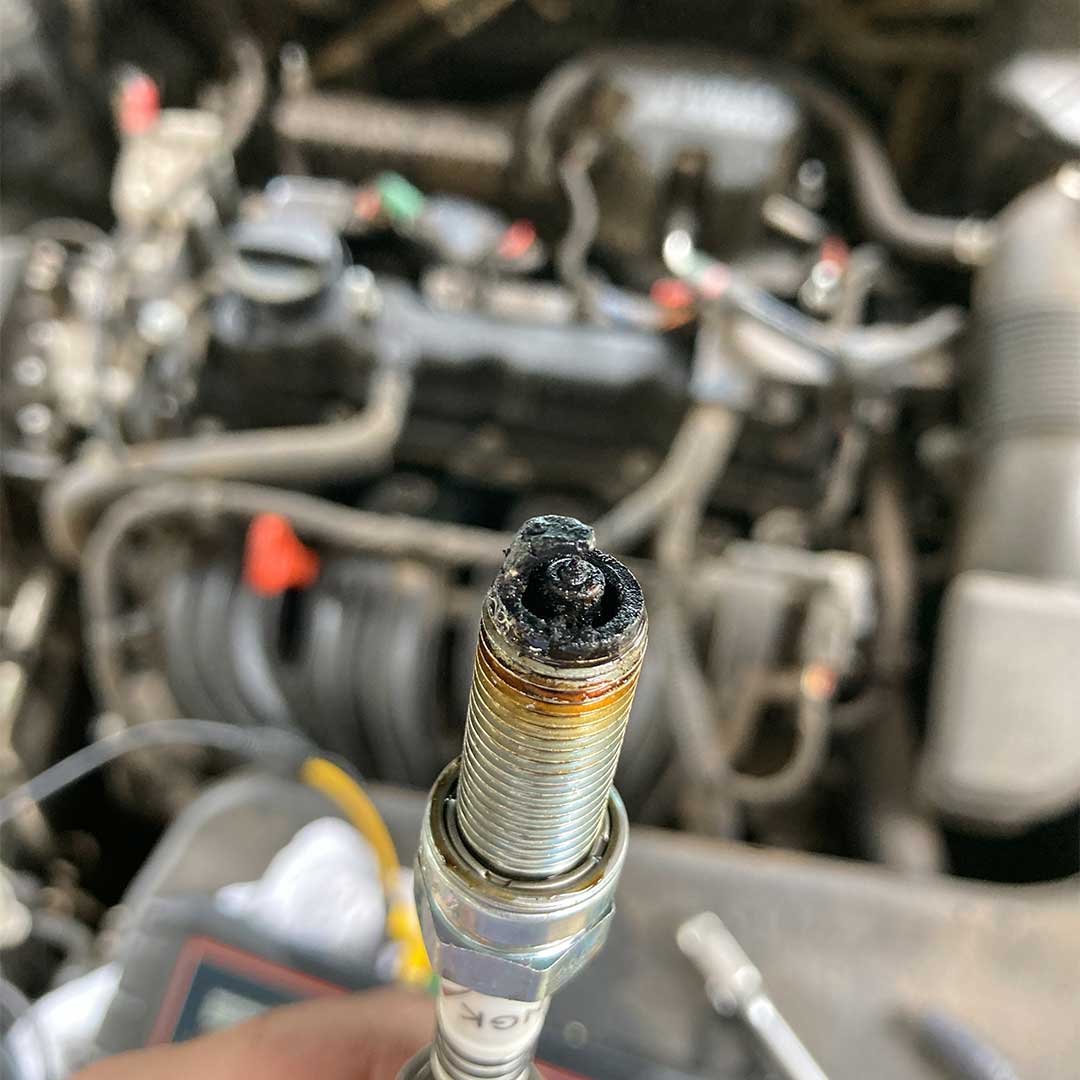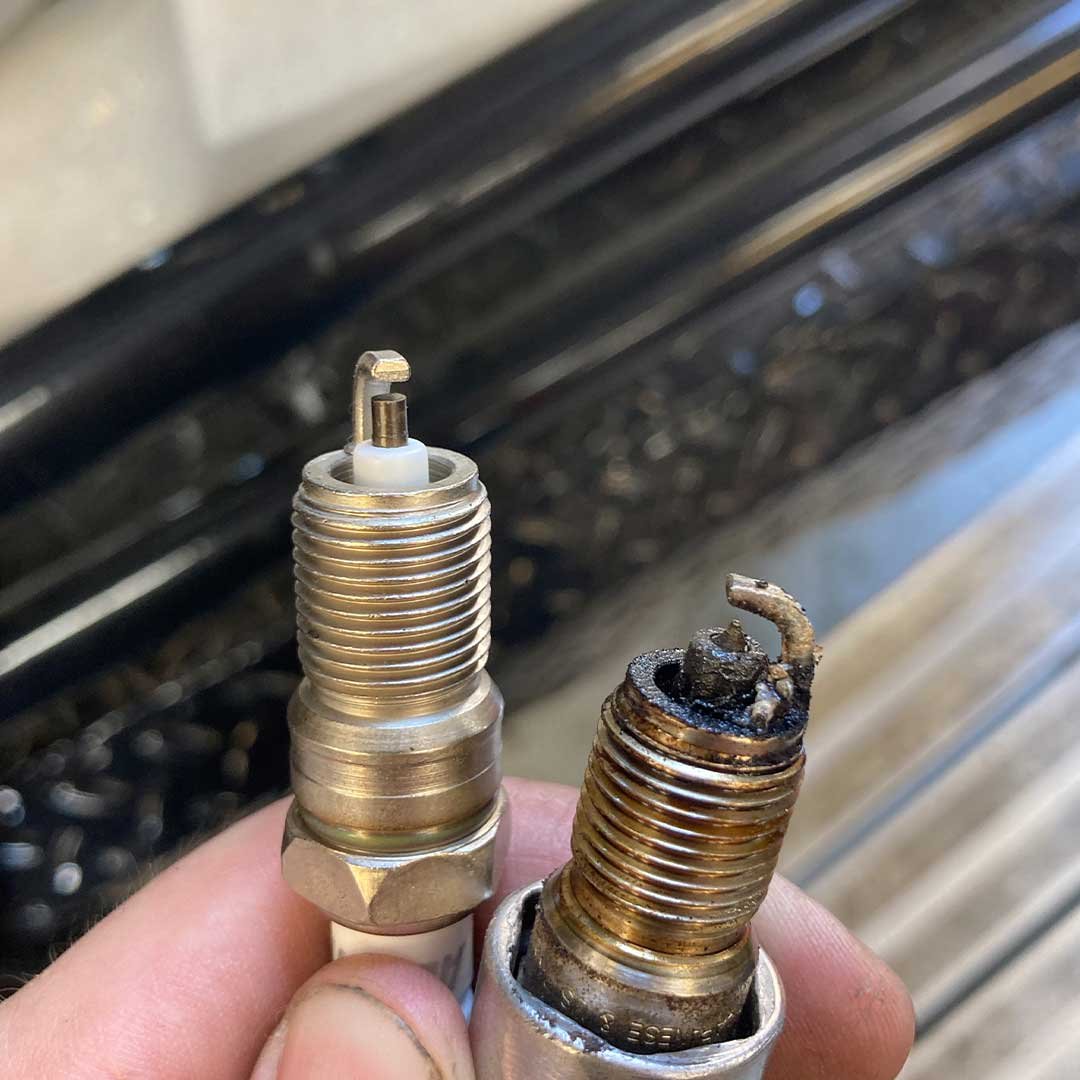Blinking Check Engine Light? Causes and Quick Fixes!
The flashing check engine light on your vehicle's dashboard is an unmistakable warning sign that should never be taken lightly. It's a vivid indicator of a potentially serious problem lurking beneath the hood, demanding your immediate attention.
Ignoring this red flag could ultimately leave you stranded on the side of the road with costly repairs looming ahead, or worse, put your safety at risk.
In this comprehensive guide, we'll delve into the mysteries of the flashing check engine light, shed light on the common causes behind it, and equip you with the knowledge you need to avoid the perils of slow acceleration toward finding a solution.
What Does a Blinking Engine Light Mean?
The blinking check engine light, a conspicuous and concerning sight on your vehicle's dashboard, serves as a vital communication tool from your car's internal systems to you.
One of its key messages is related to the combustion chamber and a potentially misfiring engine.
When your engine light blinks, it's often signaling that there is an issue with the combustion process in one or more cylinders, resulting in a misfiring engine. Understanding this aspect is crucial, as it can help you decipher the root cause of the problem and take appropriate action to prevent further damage or complications.
In this section, we'll delve deeper into what a blinking engine light signifies and how it relates to the functioning of your vehicle's combustion chamber.
Common Causes of a Blinking Engine Light
A blinking engine light can send shivers down any driver's spine, but understanding its underlying causes can bring clarity to the situation.
One of the most common reasons behind a blinking engine light is an engine misfire.
This occurs when one or more cylinders in your engine fail to ignite properly, often due to issues with components like faulty spark plugs, a malfunctioning ignition coil(s), or worn-out spark plug wires.
These critical parts play a pivotal role in delivering the spark needed for combustion, and when they fail, it can lead to a noticeable drop in engine performance and trigger the dreaded blinking light on your dashboard.
Another potential culprit for a blinking engine light is fuel injector problems. If the fuel injectors in your vehicle become clogged or malfunction, they can disrupt the fuel delivery to the combustion chamber, leading to a misfire.
Moreover, low fuel pressure can also hinder the proper atomization of fuel, making it difficult for the engine to burn the air-fuel mixture efficiently.
Additionally, issues with engine compression, such as low compression in one or more cylinders, can result in misfires. These common causes serve as a starting point for diagnosing the blinking engine light, and addressing them promptly can help prevent further damage and restore your vehicle's performance.
Common Codes for a Blinking Check Engine Light
P0300 - Random/Multiple Cylinder Misfire Detected
P0301 - Cylinder 1 Misfire Detected
P0302 - Cylinder 2 Misfire Detected
P0303 - Cylinder 3 Misfire Detected
P0304 - Cylinder 4 Misfire Detected
P0305 - Cylinder 5 Misfire Detected
P0306 - Cylinder 6 Misfire Detected
P0307 - Cylinder 7 Misfire Detected
P0308 - Cylinder 8 Misfire Detected
Potential Risks of Ignoring a Blinking Engine Light
Ignoring a blinking engine light can lead to a cascade of potential risks that should not be underestimated. When the engine misfires or fails to operate efficiently due to issues like unburned fuel, it can significantly impact your vehicle's performance and fuel economy.
What might start as a minor concern can quickly escalate into costly repairs if left unattended, as continued misfires can result in irreversible damage to critical engine components.
From damaged catalytic converters to compromised piston rings, the consequences of neglecting this warning sign can extend far beyond the initial issue, ultimately leading to decreased vehicle performance and a heavier burden on your wallet. Therefore, taking prompt action when your engine light blinks is not just a matter of convenience; it's a safeguard against potential long-term damage and financial strain.
What to Do When Your Engine Light Blinks
When faced with a blinking engine light, it's crucial to respond swiftly and decisively. Your first step should be to pull over to a safe location and assess the situation.
Checking codes is a good idea, as it's an easy task that can identify the warning light. However, if the problem persists or you suspect a more severe problem, it's advisable to avoid driving your vehicle further.
In such cases, calling for a tow truck and having your vehicle transported to an auto repair shop is the safest course of action.
Taking immediate measures can prevent further damage and help a qualified mechanic diagnose and address the root cause of the issue, ensuring both your safety and your vehicle's wellbeing.
How not to fix a Check Engine Light!
Diagnosing and Repairing the Issue
Diagnosing the specific issue triggering your blinking engine light is a crucial step in resolving the problem effectively. While some DIY enthusiasts might attempt to use readily available scan tools to retrieve error codes and identify potential culprits, it's often advisable to consult a professional mechanic.
These error codes provide valuable insights into the severity of the problem, but interpreting them accurately requires expertise. A professional mechanic can not only decipher these codes but also perform a comprehensive diagnostic assessment of the affected part of your vehicle.
In doing so, they can pinpoint the exact cause of the issue and recommend the appropriate course of action for repair.
When facing a blinking engine light, remember to reduce speed and load while driving to minimize stress on your vehicle's engine. Avoid heavy acceleration or deceleration, as sudden changes in speed can exacerbate the problem.
Instead, maintain a steady pace until you can safely reach a repair facility. While there may be a temptation to ignore the warning or delay repairs due to concerns about costs, it's essential to prioritize immediate car repair when your engine light blinks.
Delaying action can lead to more extensive and expensive damage, making timely intervention not just a wise choice but a cost-effective one in the long run. If you're interested in more in-depth guidance on diagnosing and repairing engine light issues, you can also purchase our eBook for a comprehensive resource on the topic.
Frequently Asked Questions
It's natural to have questions when confronted with a blinking engine light on your vehicle's dashboard.
One of the most common queries is, "Can I drive with a blinking engine light?" The answer, however, depends on the situation.
While it may be possible to drive for a short distance to reach a safe location or a repair facility, it's generally not advisable to continue driving with a blinking engine light.
Doing so can exacerbate the underlying issue, potentially leading to a major problem that's more costly to fix. It's always best to proceed with caution and seek professional help promptly.
Another common question is, "Is it safe to reset the engine light?" Resetting the engine light may temporarily turn it off, but it won't address the root cause of the issue. This action effectively hides the problem rather than resolving it.
It's essential to remember that the engine light illuminates when the vehicle's onboard computer detects trouble codes related to various components. Resetting the light without addressing these trouble codes can hinder the diagnostic process and potentially lead to further issues down the road.
Lastly, many people wonder, "How much does it cost to fix a blinking engine light?" The cost of repairs can vary widely depending on the specific problem causing the engine light to blink and your location.
In some cases, it might be a relatively minor and affordable fix, such as replacing a faulty sensor or spark plug. However, more complex issues like internal engine problems or transmission issues can be considerably more expensive to repair.
To get an accurate estimate, it's essential to have a qualified mechanic diagnose the problem and provide a detailed breakdown of the repair costs.
Additional Resources
For those seeking more extensive guidance and in-depth knowledge on diagnosing and addressing engine light issues, you may consider purchasing our eBook.
Our eBook is a comprehensive resource that delves into the intricacies of engine diagnostics. It's designed to empower you with the expertise needed to tackle engine light issues confidently.
In addition to our eBook, there are various online forums, automotive websites, and user communities where you can find valuable insights and connect with individuals who have faced similar challenges. These resources can provide a wealth of information to supplement your understanding and ensure your vehicle stays in peak condition.
Disclaimer and Disclosure:
Due to factors beyond the control of DiagnosticMechanic.com, it cannot guarantee against unauthorized modifications of this information, or improper use of this information. DiagnosticMechanic.com assumes no liability for property damage or injury incurred as a result of any of the information contained in this website. DiagnosticMechanic.com recommends safe practices when working with power tools, automotive lifts, lifting tools, jack stands, electrical equipment, blunt instruments, chemicals, lubricants, or any other tools or equipment seen or implied in this website. Due to factors beyond the control of DiagnosticMechanic.com, no information contained in this website shall create any express or implied warranty or guarantee of any particular result. Any injury, damage or loss that may result from improper use of these tools, equipment, or the information contained in this website is the sole responsibility of the user and not DiagnosticMechanic.com.
DiagnosticMechanic.com is a participant in the Amazon Services LLC Associates Program, an affiliate advertising program designed to provide a means for sites to earn advertising fees by advertising and linking to Amazon.com. In many of our case studies, articles, and tool reviews, we may earn a small commission when readers purchase products through our links.








